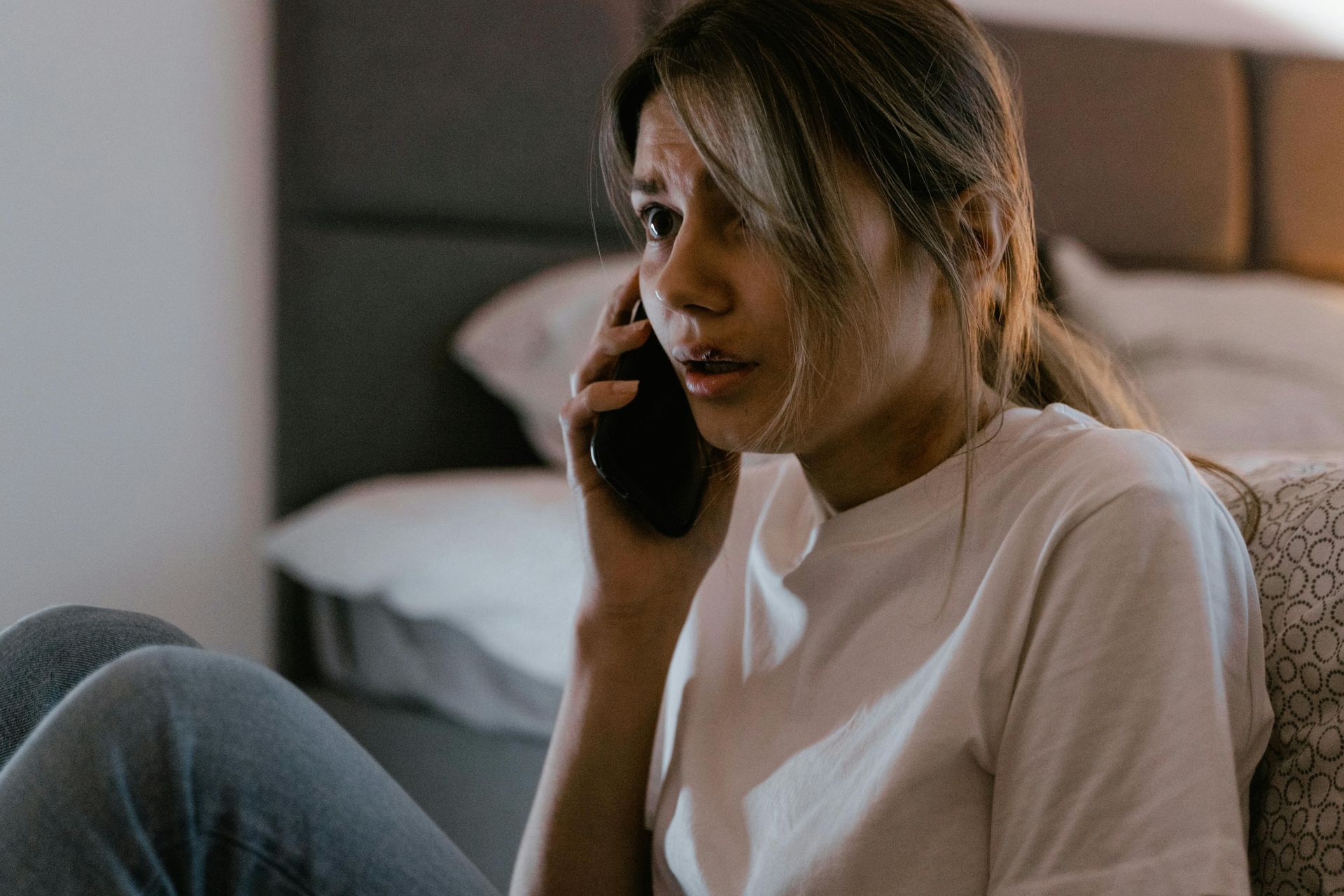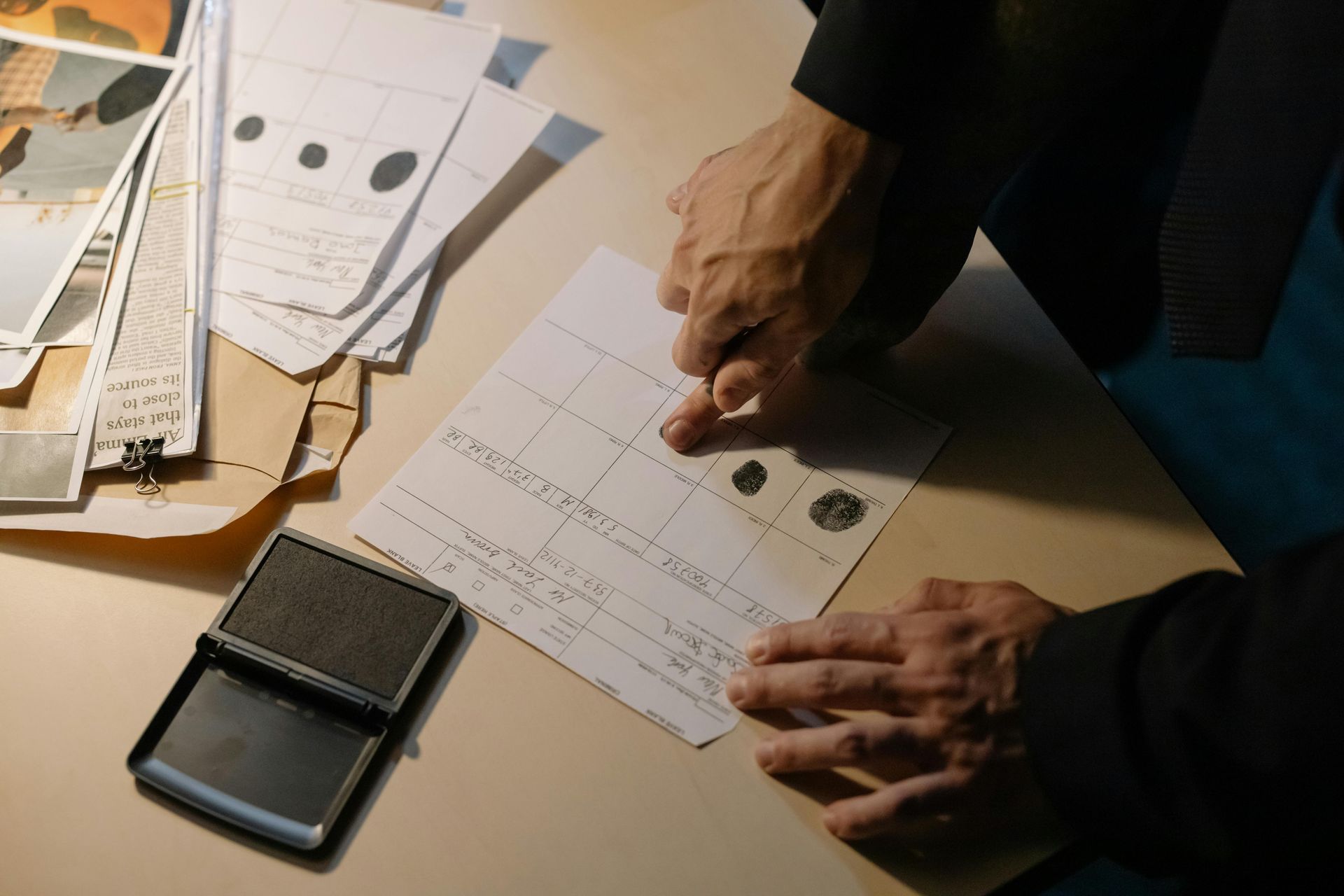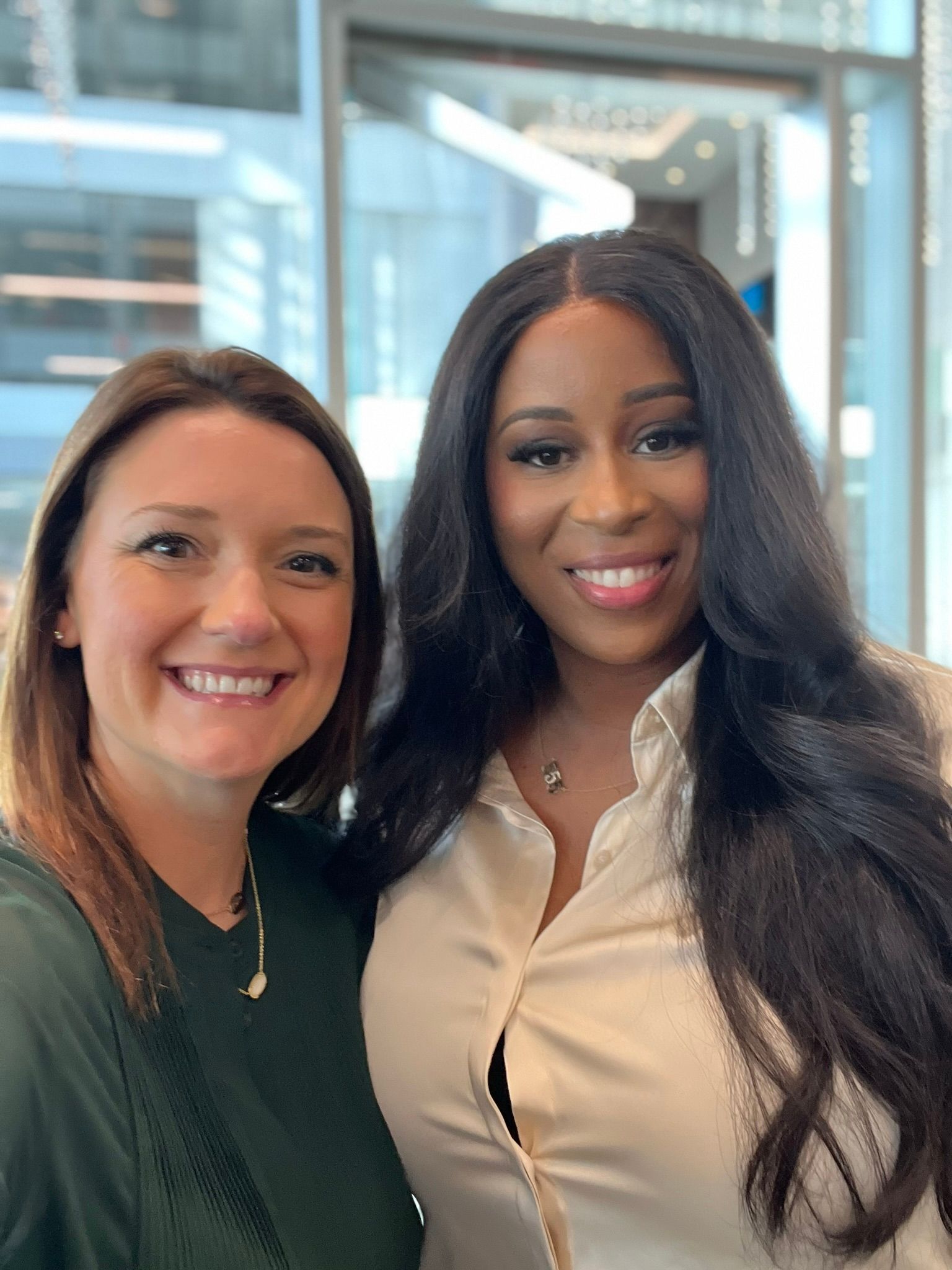Post Title
What is a Remote Online Notarization? Is it here to stay?

RON stands for remote online notarization. This simply means that a notarial act can be performed by a notary via a two way audio visual session. It is similar to a session such as a zoom call but there are a few key differences. The first difference is that the session is being recorded, this is a requirement by law for the notarization to be legal. Additional features of a RON session make the ability for fraud less likely as opposed to an in person notary session in my opinion. For example, KBA verification is required before every RON session. KBA is Knowledge-based Authentication, this is used to verify that the signer is who they say they are. They will answer questions prior to the session that only they would know such as have you lived on any of these streets, did you own this type of car etc. In addition to KBA verification, a government issued ID will be scanned and checked for expiration dates as well as authenticity. Which again is more in depth than what a general in person notary session would require. All RON sessions are recorded in an electronic journal same as a regular in person notary session would require in a paper journal.
RON was declared legitimate during the COVID-19 pandemic as a temporary fix for in person notary work, however it appears it is here to stay as more and more states are starting to adopt this practice.
Let me help you get your documents notarized online!
-Andrea Williamson
214-705-2477 Text or Call
Serving Online, Collin, Denton, Dallas & Tarrant Counties
andrea@notarynearmeandonline.com
www.notarynearmeandonline.com



